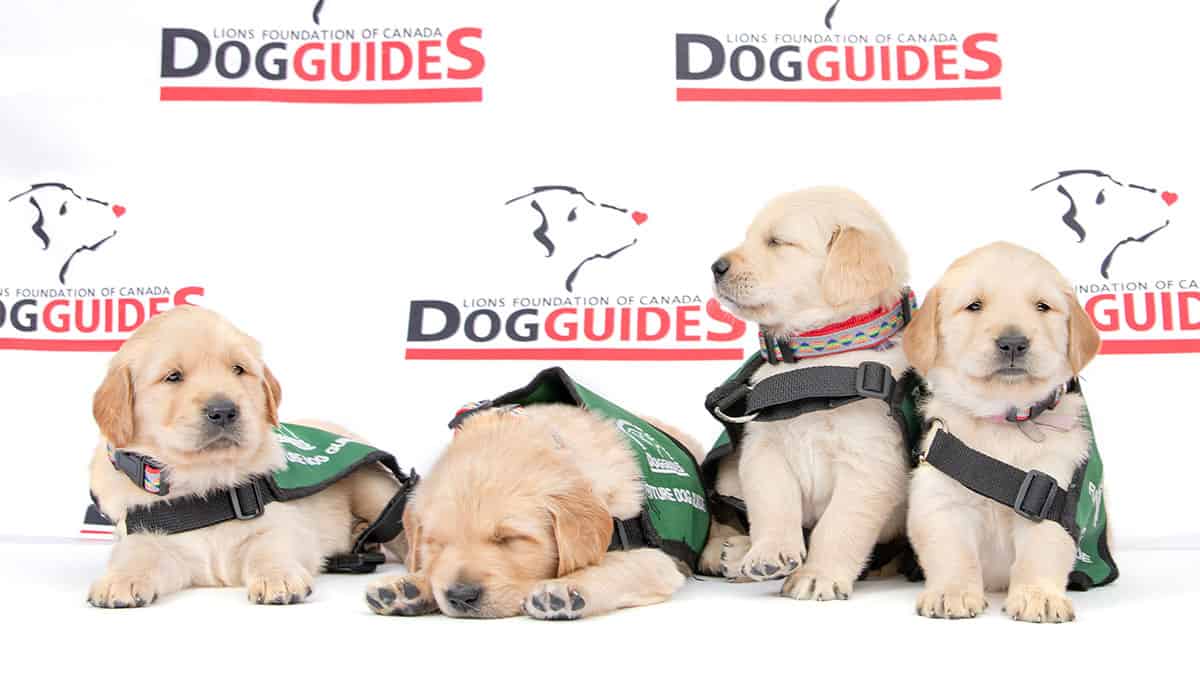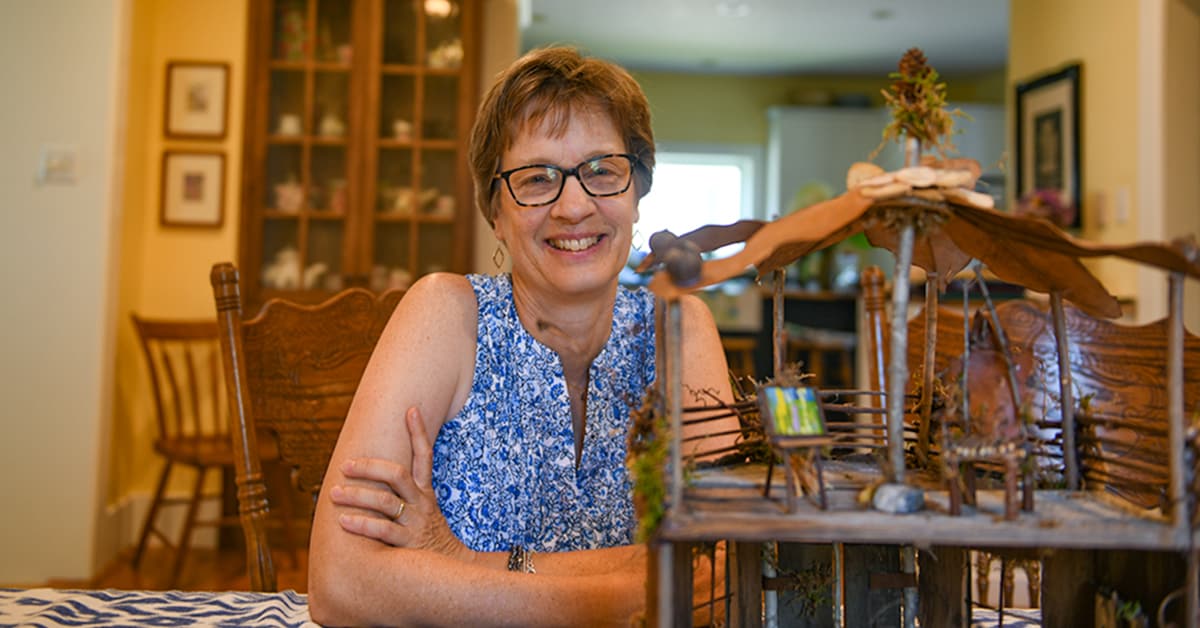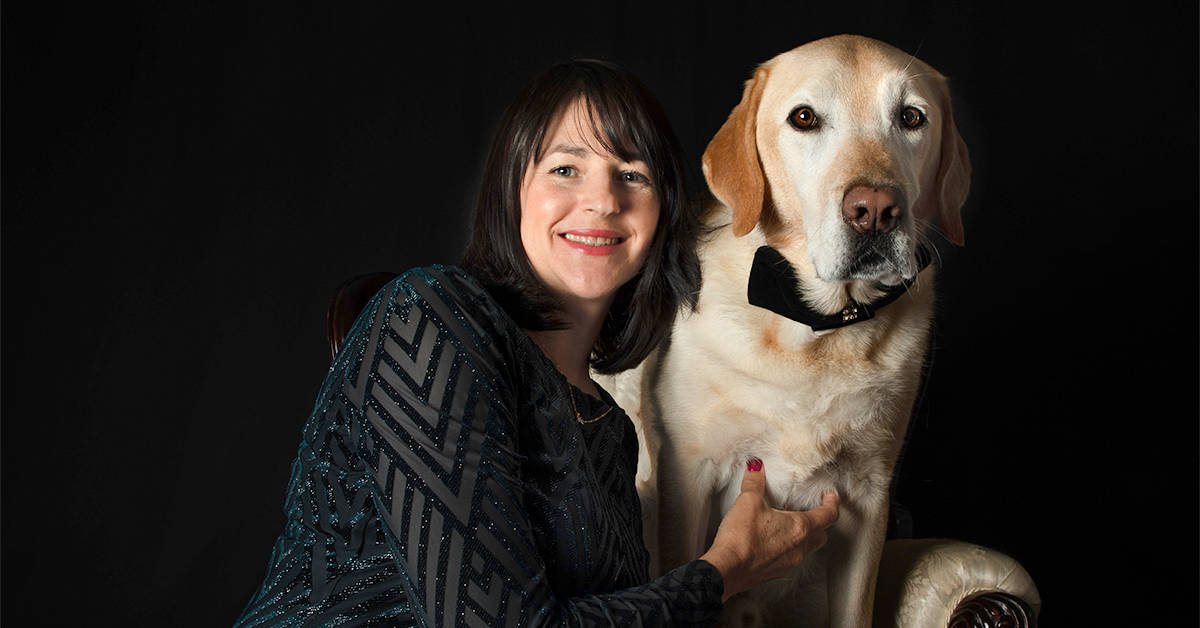The Lions Foundation of Canada Dog Guides (LFCDG) is in need of foster homes for 39 standard poodle puppies that were recently born at their Breslau facility.
Having puppies on hand is a matter of course for the organization, but sometimes a whole bunch of them arrive all at once.
“We breed about three to four litters a month in our Breslau facility. So we have around 250 to 300 puppies a year. But Mother Nature being what it is, sometimes the mamas are ready to have puppies bunched together. So during a short period of time, we had eight litters of puppies [including five poodle litters] all at once,” said puppy program supervisor Lisa Kruitwagen,
Puppies who will eventually become dog guides are placed with a foster family at seven weeks old, and can be in that home for up to 16 months. The foundation pays for all vet, food and training expenses and provides in-person and online classes; however, poodle foster families are responsible for grooming costs. The foundation is looking for foster families that live within a maximum of 75 minutes from Oakville or Breslau.
Kruitwagen explained the important role that foster families have in raising dog guides.
“These dogs are valued at around $35,000 to raise, train, place and support over their time that they’re teamed up. The only way we can do that is because we have amazing volunteers and our foster families are one of the first levels of volunteering,” she said.
“The foster family teaches them basic obedience skills, house manners, and most importantly gets the puppy out and about and does the all important socialization of the puppy. So they expose the puppy to all sorts of life experiences that they might experience when they’re a dog guide later,” Kruitwagen added.
LFCDG provides dog guides under seven different programs to Canadians in need, including vision, hearing, autism assistance, service dogs for the mentally or physically impaired, seizure response and diabetic alert. The foundation also provides facility support dogs that are placed in places where people experience trauma such as courtrooms, child abuse treatment centres and police stations.
The foundation breeds Labrador retrievers, golden retrievers and standard poodles. While the ideal dog guide is one that matches well with the client, poodles are “fantastic,” Kruitwagen said.
“They’re smart, and they’re willing and they’re very cuddly and they really connect with their people.”
Poodles don’t shed and have less dander, allowing them to be placed with clients who have allergies, Kruitwagen explained.
“We’re one of the few organizations that actually uses standard poodles, so people who do have allergies can take advantage of this life altering experience,” she said.
It is difficult for those living with allergies who also need a dog guide, Kruitwagen added.
“That’s why the standard poodles really work well for those people. So we’re pretty grateful to them.”









